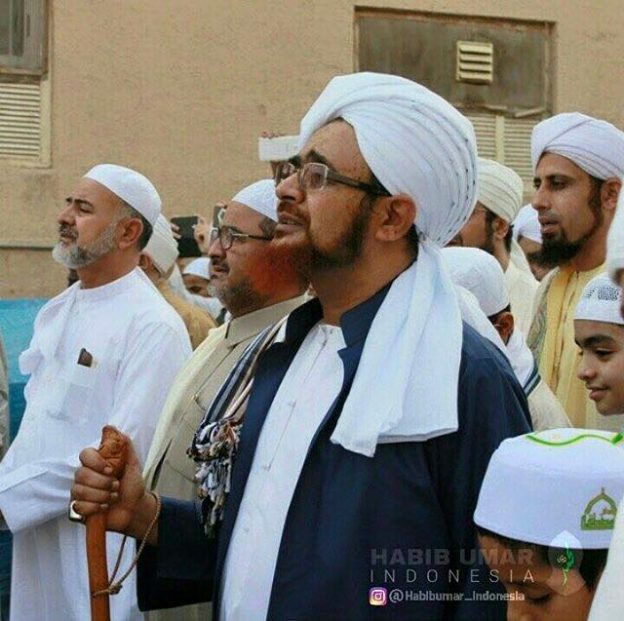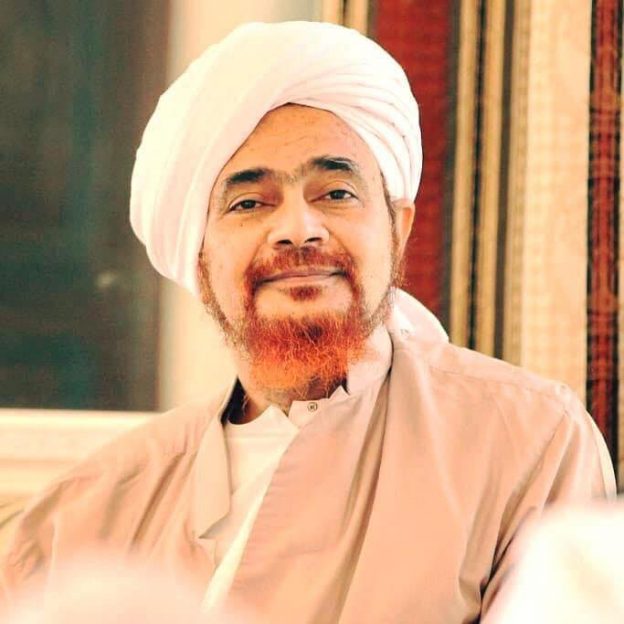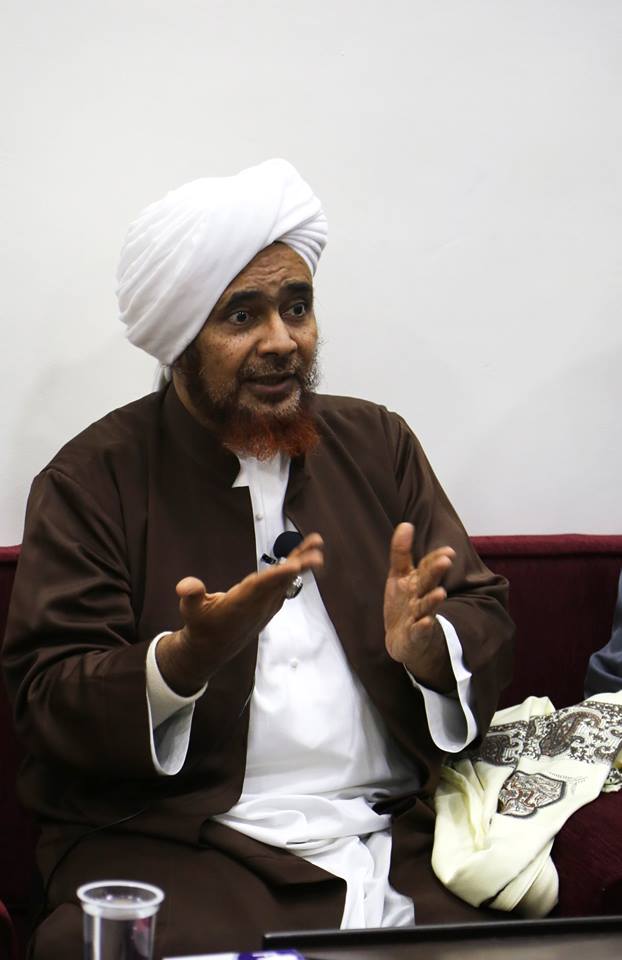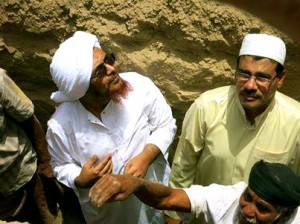Sayyidi Habib Umar bin Hafiz (may Allah protect him and benefit us by him) met with a number of students who have been attending this year’s Dowra from South Africa, Indonesia, Malaysia and Thailand.
The students spoke of the sacrifices they had made coming to Tarim and what they had learnt in the Dowra. A student from Thailand said that all he possessed was three cows but he had sold them in order to buy a plane ticket to Yemen. A student from South Africa talked about the difficulties he had experienced on the journey to Tarim. He said that every hardship had been a means of purification and that in one of the first lessons he attended, Habib Umar explained the meaning of Allah’s saying in Surat al-Balad: We have created mankind in hardship. Continue reading Dowra Gathering










